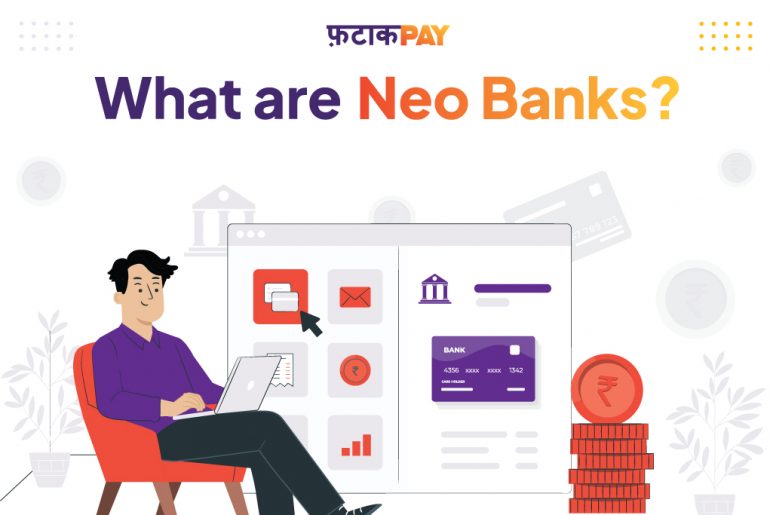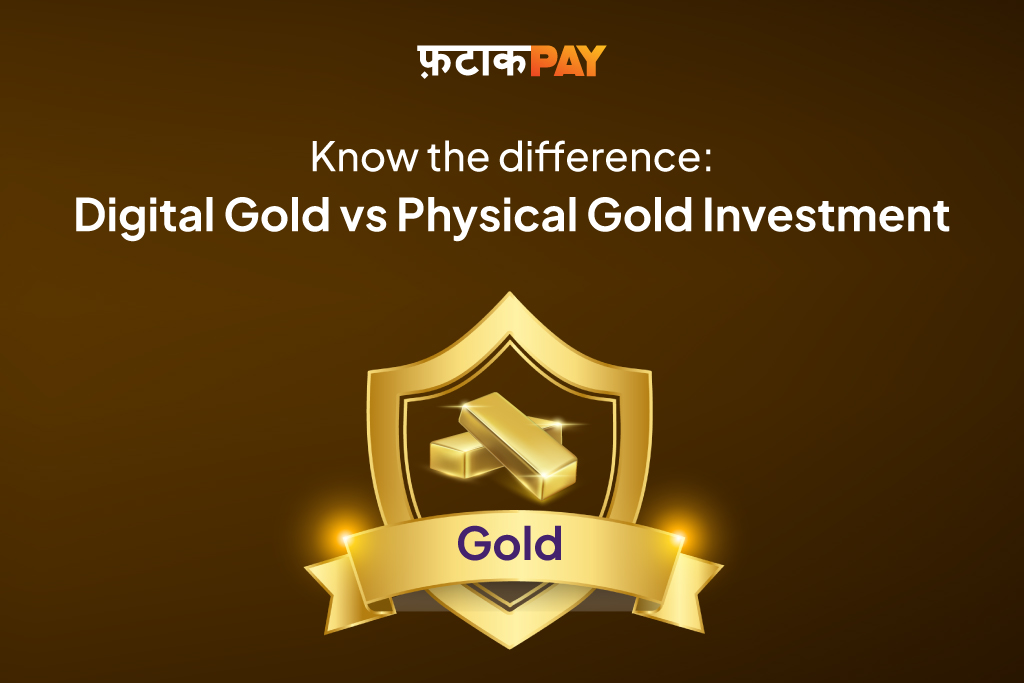The constant evolution of FinTech has led to the innovation known as Neo Banks.
Neo banks are the new-age wave of banks that are entirely digital- they don’t have a physical branch!
Let’s take a deep dive into this interesting topic:
Neo banks provide a completely digital experience of banking through mobile applications. Neo banks offer solutions in ways which a conventional bank cannot, with a focus on providing a smooth customer experience.
Reasons to opt for Neo Banks:
They are cheaper:
Neo Banks do not have physical branches, thus they are spared the costs of infrastructure, infrastructure maintenance, rent, and other costs that cut into a typical bank’s profits.
Customers receive these savings in the form of increased interest rates and lower costs. Additionally, it indicates that Neo Banks have greater staff and financial resources to devote to improving the banking experience for their clients. Lower fees lead to more retention of customers.
Their services are convenient to use:
Opening an account at a conventional bank is a time-consuming and frustrating process. There are paperwork requirements and waiting periods. Some banks will even come to the customer’s home to confirm their address before requiring them to visit the real location.
Everything in a Neo Bank is digital. With their mobile devices while lounging on their couches at home, users can make accounts with ease.
Their services are quick to use:
In just a few minutes, users can create their bank account. On-the-go use of a user’s laptop or mobile device is possible for tasks like validating a check that otherwise needed a trip to a physical branch. This functionality has grown in importance, especially in the post-COVID era when people choose the security and comfort of their own homes.
You can access an entire portfolio of services:
You can leverage a single network (your laptop or smartphone) to access an array of banking services. These services include Forex cards, credit cards, cash processing, cost management, corporate banking services, and loan products globally.
You get better customer service:
The customer service of depends on a mix of Chatbots and AI, to provide flexible, automated, and online support. The customer support is available 24/7 thus making it better than traditional banks, where the customer support is available for a fixed amount of time.
Lesser Restrictions:
Neo Banks are not true banks because they lack banking licences and are not under RBI regulation. They consequently have a little bit more freedom than conventional financial institutions. They can maintain low expenses since they are exempt from the rules and regulations of traditional banks.
Neo Banks provide a better User Interface:
Neo Bank apps are created to enhance the online banking process. Neo-apps are easy to use, effective, and attractive. Traditional financial institutions have been compelled to create their own digital services in order to keep up with the changes.
Yet, because traditional banks are not inclined to be digitally innovative, the apps they produce have bugs and latencies.
Neo Banks have access to the greatest talent available on the market to create some of the most streamlined and slick banking experiences available in fintech.
Some other facts about Neo Banks:
According to Zion Market research, worldwide, the Neo Bank sector was worth $18.6 billion in 2018. The report also states that this sector was projected to grow at a CAGR (Compounded Annual Growth Rate) of 46.5% between 2019-2026 and is expected to generate about $394 billion in 2026.
The major players in this segment are InstantPay, Niyo, Open, and RazorpayX.
There are 10 Neo Banks in India currently and more are in the process of entering the market.
ICICI Bank took the lead in this segment by partnering with 3 Neo Banks: Free, Instant Pay and Yelo.
Neo Banks run on targeted customer segments that are not the concern of legacy banks such as SMEs, tech-savvy millennials, and lower wage earners.
In November 2021, Niti Aayog had proposed setting up full-stack digital banks which would rely on the internet rather than physical branches to provide services.
There are 2 types of Neo Banks:
The first type don’t have a banking licence and instead partner with a traditional bank to offer their products and services. This first type is prevalent in India.
The second type have their own banking licence and operate fully on their own. The second type doesn’t exist in India as the RBI maintains its stance on the fact that in order to obtain a banking licence, a bank should have a physical presence. This ruling as per the 2014 RBI guidelines.
Let’s look at the Cons:
Requires comfort with technology:
Customers have to be tech savvy if they want to use the facilities provided by Neo Banks to the fullest extent. Technology literacy plays a huge factor here. Some people find it a challenge to adopt new technologies.
Less regulated than traditional banks:
Since Neo Banks don’t directly come under RBI’s scanner, they may pose a slight risk to the customer. If they default or closes down abruptly, the customer may not be able to take a legal recourse as they don’t come under the direct purview of the RBI.
No Physical Branches:
This may look more like a pro and less like a con, but for most people, a bank having a physical branch is a sign of trust. They may be unwilling to sign up for ‘faceless’ Neo Banks. When it comes to matters of money, people prefer a real,physical entity over an abstract,digital one.
Closing thoughts:
Neo Banks are still in a nascent stage. There is a lot of scope for improvement. It is certainly an innovation that was born out of the FinTech revolution. With the Indian Government pushing for improving the UPI Infrastructure, Neo Banks would certainly benefit from it.
Here are some links to our previous blogs:
https://fatakpay.com/blog/the-right-way-to-plan-your-retirement/
https://fatakpay.com/blog/different-types-of-investments/
Here is a link to our LinkedIn Article which explains you more about FinTech:







